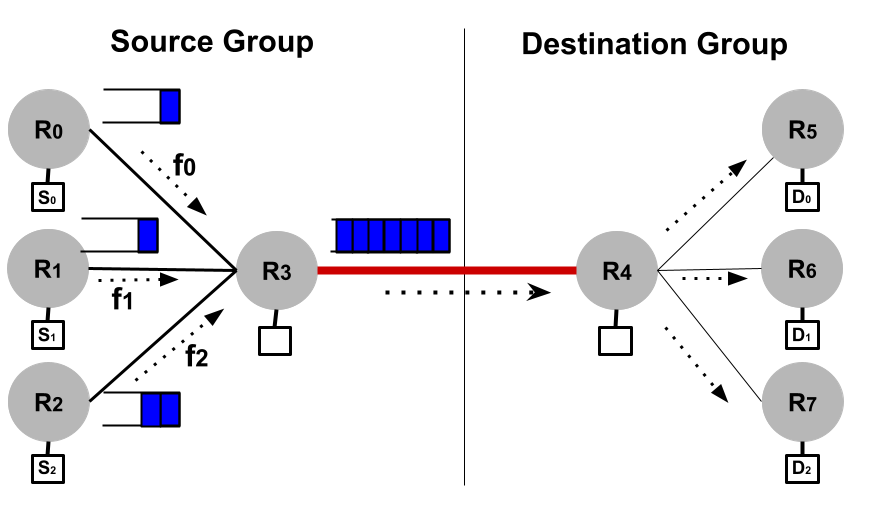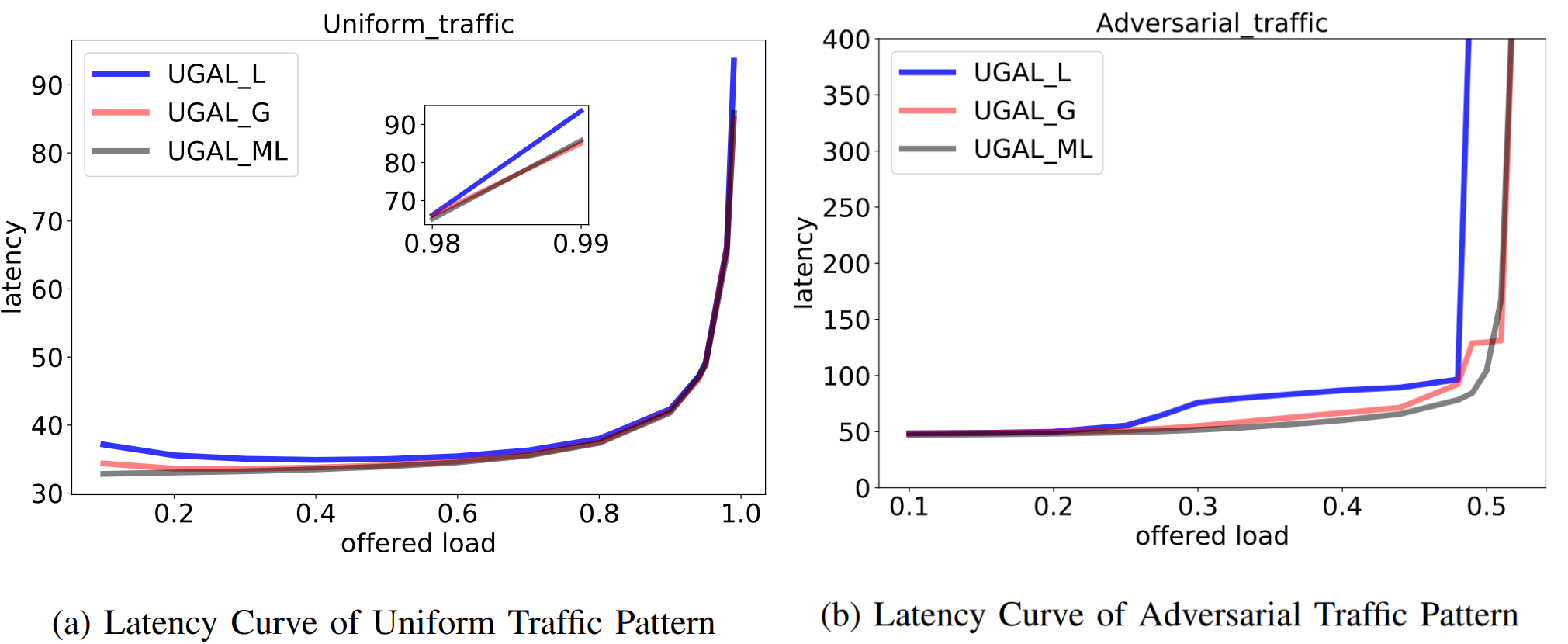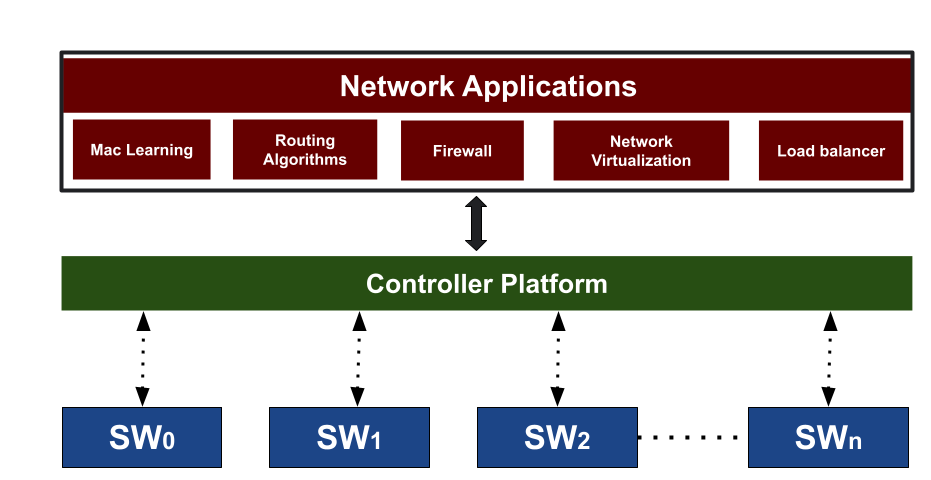Talk 1 on Relevant Topic in Your Field
Published:
A list of all the posts and pages found on the site. For you robots out there is an XML version available for digesting as well.
Published:
Published:
Published:
Published:
Published:
Published:
Undergraduate course, University 1, Department, 2014
Published:
Workshop, University 1, Department, 2015
Published:
Page not found. Your pixels are in another canvas.
About me
This is a page not in th emain menu
Published:
This post will show up by default. To disable scheduling of future posts, edit config.yml and set future: false.
Published:
This is a sample blog post. Lorem ipsum I can’t remember the rest of lorem ipsum and don’t have an internet connection right now. Testing testing testing this blog post. Blog posts are cool.
Published:
This is a sample blog post. Lorem ipsum I can’t remember the rest of lorem ipsum and don’t have an internet connection right now. Testing testing testing this blog post. Blog posts are cool.
Published:
This is a sample blog post. Lorem ipsum I can’t remember the rest of lorem ipsum and don’t have an internet connection right now. Testing testing testing this blog post. Blog posts are cool.
Published:
This is a sample blog post. Lorem ipsum I can’t remember the rest of lorem ipsum and don’t have an internet connection right now. Testing testing testing this blog post. Blog posts are cool.
The Dragonfly networks have been adopted in the current supercomputers, and will be deployed in future generation supercomputers and data centers. Effective routing on Dragonfly is challenging. Universal Globally Adaptive Load-balanced routing (UGAL) is the state-of-the-art routing algorithm for Dragonfly. For each packet, UGAL selects either a minimal path or a non-minimal path based on their estimated latencies. Practical UGAL makes routing decisions with local information, deriving the estimated latency for each path from the local queue occupancy and path hop count information. In this work, we develop techniques to improve the accuracy of the latency estimation for UGAL with local information, which results in more effective routing decisions. In particular, our schemes are able to proactively mitigate the potential network congestion with imbalanced network traffic. Extensive simulation experiments using synthetic traffic patterns and application workloads demonstrate that our enhanced UGAL schemes significantly improve the routing performance for many common traffic conditions.
Paper

The Universal Globally Adaptive Load-balance Routing (UGAL) with global information, referred as UGALG, represents an ideal form of adaptive routing on Dragonfly. However, UGAL-G is impractical to implement since the global information cannot be maintained accurately. Practical adaptive routing schemes, such as UGAL with local information (UGALL), performs noticeably worse than UGAL-G. In this work, we investigate a machine learning approach for routing on Dragonfly. Specifically, we develop a machine learning based routing scheme, called UGAL-ML, that is capable of making routing decisions like UGAL-G based only on the information local to each router. Our preliminary evaluation indicates that UGAL-ML can achieve comparable performance to UGAL-G for some traffic patterns.
Paper

While the efficient routing in Dragonfly networks present significant challenges, the advent of Software-Defined Networking (SDN) offers new opportunities for network management and routing optimization by providing a global network view. This research proposes an SDN-based adaptive routing approach for Dragonfly interconnects. By leveraging global traffic pattern information from SDN, the approach identifies and avoids persistent congestion points, leading to improved resource utilization and enhanced performance. This study addresses a critical gap in developing efficient adaptive routing solutions using SDN technology, aiming to optimize routing decisions and overall network efficiency.
Paper

Published in IEEE International Conference on Smart Cloud (SmartCloud), 2017
Download here
Published in ACM/IEEE SC tech poster, 2020
Download here
Published in International Conference on Supercomputing, 2024
Download here